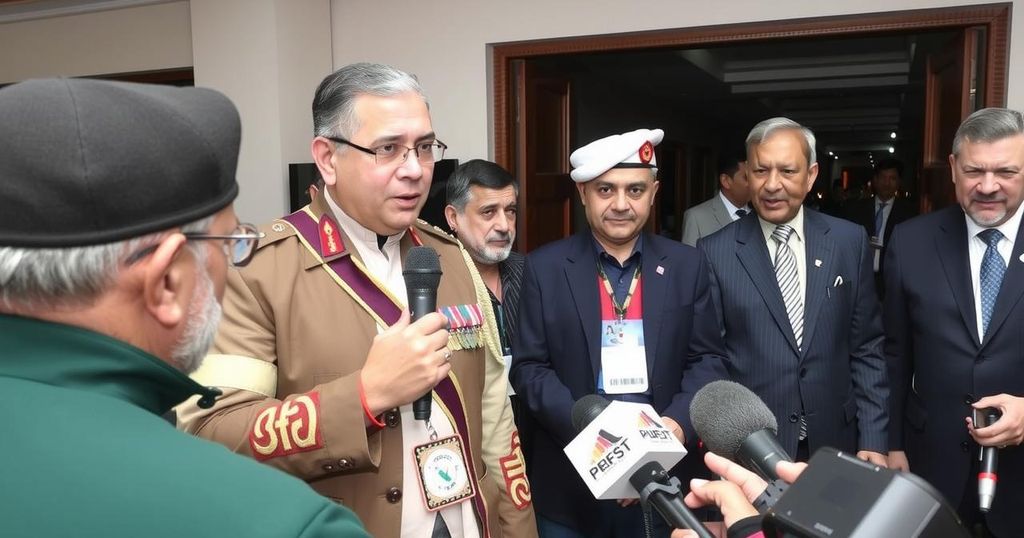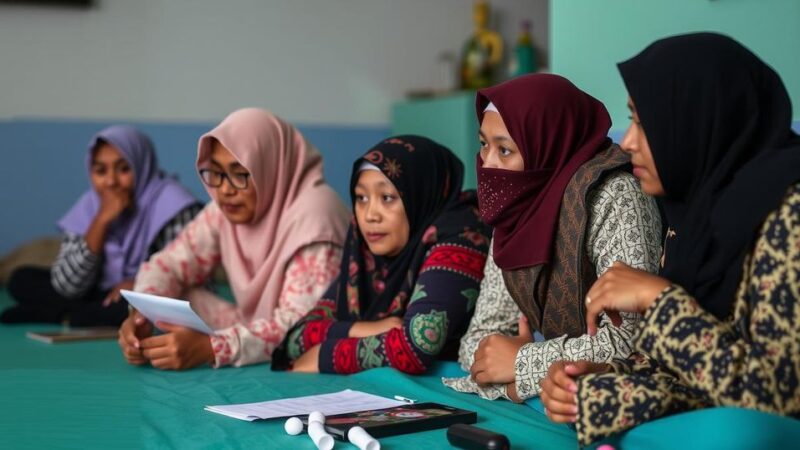The tensions along the Afghanistan-Pakistan border have intensified, particularly following the ISI chief’s visit to Tajikistan, where he met with anti-Taliban resistance fighters. At the same time, Pakistan is considering cutting off the Wakhan corridor while India engages Taliban leaders in concerns over Afghan territory being used against it. This evolving situation raises questions about the deteriorating ties between Pakistan and the Taliban, impacting regional security and relationships.
Tensions along the Afghanistan-Pakistan border have escalated, marked by a significant event: the visit of Pakistan’s Director General of Inter-Services Intelligence (ISI) to Tajikistan. This visit reportedly included discussions with resistance fighters opposing the Taliban regime, indicating a potential shift in Pakistan’s regional alliances. In response to these developments, Pakistan is contemplating the possibility of severing access to the strategically important Wakhan corridor. Concurrently, India’s Foreign Secretary has engaged in talks with Taliban representatives in Dubai, where assurances were made that Afghan territory would not be utilized for activities aimed against India. As border clashes continue and regional powers engage in strategic maneuvering, the implications of deteriorating Pakistan-Taliban relations become ever more critical, especially considering their historically intertwined relationship. These events raise pertinent questions about the evolving dynamics in Central Asia and the prospects for peace and security in the region.
The relationship between Pakistan and the Taliban has historically been complex, shifting from allies to adversaries in recent years. Following the Taliban’s return to power in Afghanistan, Pakistan has had to navigate its interests carefully, especially with the resurgence of resistance groups that challenge Taliban control. This context is crucial for understanding the ISI chief’s visit to Tajikistan, which may signal a reassessment of strategic alliances in the wake of increasing tensions in the region, particularly regarding the handling of border security and alliances with neighboring countries.
In conclusion, the recent visit of Pakistan’s ISI chief to Tajikistan underscores the heightened tensions along the Afghanistan-Pakistan border and reflects an ongoing reevaluation of alliances in the face of evolving geopolitical dynamics. The deteriorating relationship between Pakistan and the Taliban poses serious questions about future engagements and the security landscape in Central Asia. As regional players adjust their strategies, the international community must monitor these developments closely to gauge their broader implications for stability in the region.
Original Source: www.indiatoday.in







